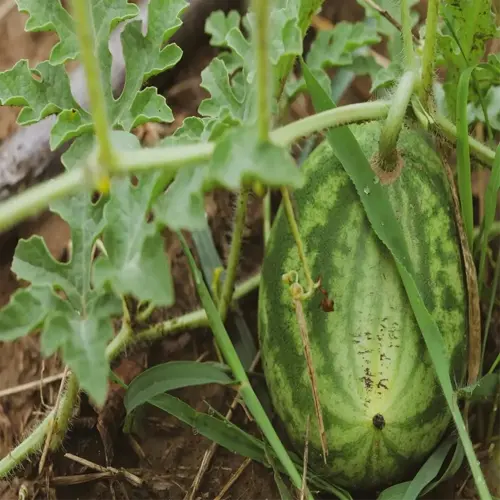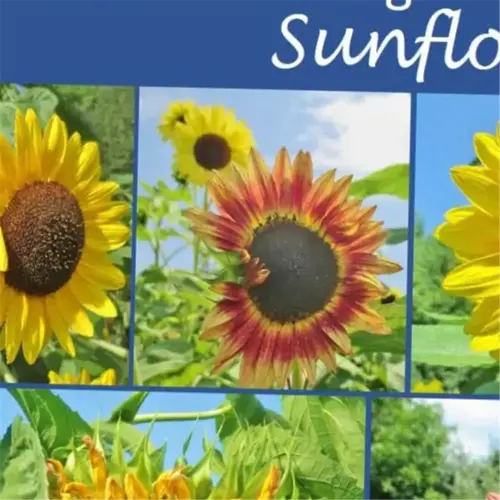Is salt effective for weed control?

Written by
Tina Carter
Reviewed by
Prof. Martin Thorne, Ph.D.Salt can be an effective weed killer, but it will damage soil health for years. A treatment we provided at a client's driveway caused groundwater contamination, leading to costly remediation. Instead, we should use flame weeding for cracks between pavement, it will kill 90% of weeds immediately without harming earthworms and beneficial microbes, etc.
Salt's Hidden Costs
- Renders soil infertile for 3-5 years
- Leaches into wells and waterways
- Damages concrete through accelerated corrosion
Eco-Friendly Alternatives
- Flame weeders for driveways (avoid wooden fences)
- Citrus oil sprays near vegetable gardens
- 4-layer cardboard under wood chips in flower beds
Many gardeners are surprised by the long-term effects of salt.Sodium builds up in soil and can hinder nutrient absorption for years.An example of this is when one of my clients could not get the rose bed to thrive for four years after or following the application of salt.In the case of soils where salt has been used (or in which sodium has built up), gypsum applications and compost tea will achieve nutrient and microbial balances.
Deter a safe disposal method for salt-contaminated soil. If using EC meters to test sodium levels and find levels above 4 dS/m, you will need to remediate the soil. For smaller areas, a simple way to leach salts is to flood beds with 6 inches of water each week. With salt-tolerant cover crops like barley, you can plant in these areas to help gradually rehabilitate the damaged areas.
Observe the treated areas during each growing season. Driveways that have been flame-weeding should be checked monthly for new growth. In the spring, use corn gluten meal along with cardboard mulch to suppress chickweed. Keep track of the types of weeds growing in treated areas; persistent plantains indicate compacted soil, while purslane seeds will germinate in nitrogen-rich conditions.
Read the full article: How to Prevent Weeds: 12 Expert-Backed Strategies

